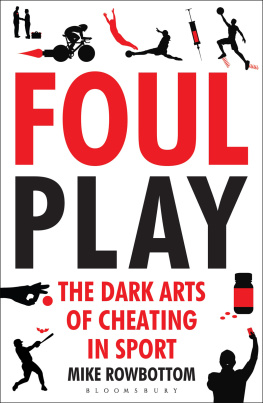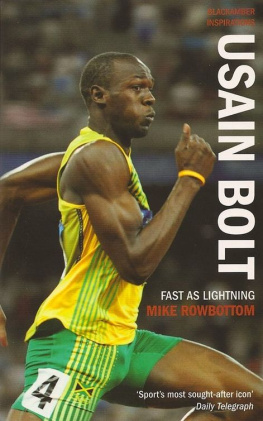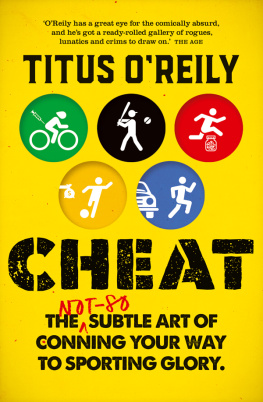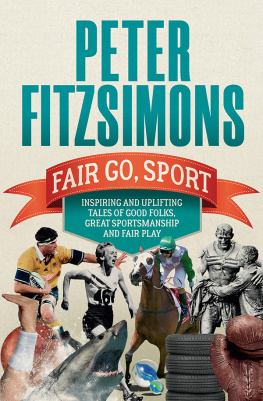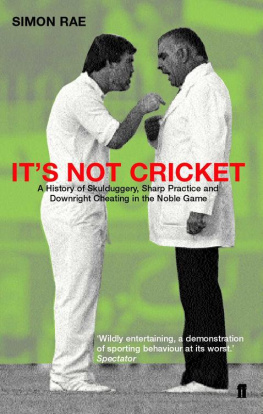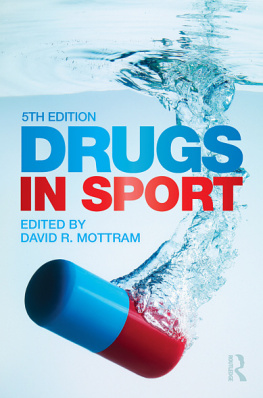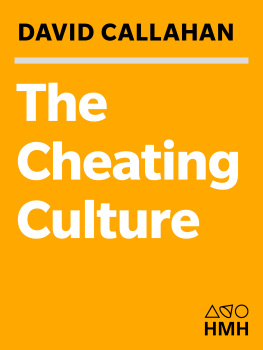
to cheat: act dishonestly or unfairly in order to gain an advantage
foul play: unfair play in a game or sport
Oxford Dictionary of English
Say it aint so, Joe!
An unknown boy
If the story is to be believed, these words were shouted by a boy, presumably a fan of the Chicago White Sox baseball team, eight members of which including star player Shoeless Joe Jackson had just been found to have thrown the 1919 World Series against the Cincinnati Reds. As Jackson stepped from the building in which the damning grand jury verdict had been announced, the disbelieving youngster called out to him: Say it aint so, Joe!
The phrase may be apocryphal, but it has echoed down the years the perennial lament of sports fans unwilling to accept that those who have stirred their imagination and earned their loyalty have done so through unfair or dishonest means. In other words, through foul play.
Whether the boy existed or not, his urgent demand resonates, spoken or unspoken, each time another sporting idol is found to have feet of clay. Jackson apparently made no reply. In this he was unusual, as the default position of the sportsman or woman found to have erred tends to be denial, followed more often than not by grudging acknowledgement in the light of clear proof.
Lets say that boy did exist. What might his next utterance have been? Surely another question: Why? Why do sportsmen and sportswomen cheat? What makes them take the decision to break the rules in an area of life where the rules are particularly clear? The answer to that question is probably the same in sport as it is in life: people cheat for advantage, or perceived advantage.
But such gains rest on the Great Unwritten Rule: dont get found out. There are some, many even, who can disprove the phrase cheats never prosper. Not every fraudster gets separated from his ill-gotten loot. Not every sporting figure who has earned fame and fortune by dishonest means is exposed.
One of the conundrums of cheating is that its discovery causes such dismay, given that it is as old as time, or at least as old as humans. And cheating in sport has its own long history.
No sport is clear not even conkers...
While the fixing of the 1919 World Series was one of the most shocking and high profile of sporting frauds in the last hundred years, misdeeds and shady behaviour exist and have long existed in almost every form of contest you care to name. In the so-called big sports football, rugby, cricket. And in the so-called minor sports bowls, real tennis, squash, chess, croquet, conkers. To paraphrase Philip Larkin: all sports in time are visited.
This book, clearly, has as its subject matter those who have failed to observe the Great Unwritten Rule. It is not intended to be an encyclopaedia of cheating in sport. Its focus is on that unspoken question Why? and its automatic companion: How?
For most sporting cheats, the intended advantage is either glory or money. Or both. But if these are the two main ends, the means by which they are sought are hugely varied, ranging from minor infringements all the way to criminality.
When former Sheffield Wednesday and England defender Peter Swan reflected forty years later on the ban from the game he received for betting against Wednesday in a match they were playing, he concluded: My money was on us to lose, and money is the root of all evil. There is certainly a case to be made for the argument that money is the root of all sporting evil. At one extreme, money is funding the National Lottery although such assistance could possibly be seen as a form of cheating, in that it offers a greater level of assistance than is generally available.
For money to act more darkly, however, the dynamic force is gambling, offering gain for those who bet and those who collude. As we will see, this is viewed as the most actively malignant force in international sport as recent examples in cricket and football attest thanks in large part to the unwelcome stimulation afforded by internet betting and illegal gambling cartels profiting from the worldwide boom in televised sport. A year before the London 2012 Olympics, the potential threat to competition as a result of the demands of illegal gambling prompted Jacques Rogge, president of the International Olympic Committee (IOC), to declare: Sport is in danger.
Perhaps Rogge is correct. But there have always been malign forces working to distort and undermine sport. A decade earlier a similar warning was sounded in IOC circles, but at that time the perceived threat was that of doping. The battle to eradicate this particular form of cheating from sport has been waged actively for almost half a century now, and the battleground is constantly shifting as those who seek advantage attempt to stay ahead of those charged with finding them out.
A huge range of sports has been affected by doping issues, particularly those that rely upon pure physical capability, such as athletics, weightlifting, swimming and cycling. More worryingly, a huge number of sporting competitors have effectively abused themselves through these means, undermining their health to the point where many have died prematurely. Why would they do that to themselves? What could make them think it worthwhile?
There is a growing body of circumstantial evidence pointing to the inherent dangers of doping where the bargain made with a healthy body is harsh indeed. And ten years after the fall of the Berlin Wall, hard evidence of this practice emerged as those who had been effectively forced into the doping regime that accompanied East Germanys sporting efforts for a quarter of a century attempted to sue those responsible for a series of ghastly ailments and physical and mental distortions.
Money and doping: both Bad Things
Money and doping, then, are the two most influential elements of cheating in sport, the prime movers in foul play. Both were potent forces in the ancient Olympics, although in fairness the doping which steeped much of the activity could not be described at the time as cheating.
Eupolos of Thessaly. You could call him the Olympic gold medallist of cheating, as he was the first recorded wrongdoer in the history of the ancient Games. According to Pausanias, who wrote a second century AD version of All You Need To Know About Greece, Eupolos was guilty of bribing boxers in the 98th Olympiad.
Fourteen Olympiads later, Callippus of Athens was up to no good, apparently buying off his competitors in the pentathlon. Silver medallist. It was a few years on, admittedly, but at the 226th Olympics further misdeeds were recorded from two Egyptian boxers, Didas and Sarapammons, who were fined for fixing the outcome of their match. Joint bronze medallists.
Pausanias was able to gather this information from the bronze statues of Zeus which had been erected over the years on the road leading into the stadium at Olympia, where the Games had taken place since 776 BC . These statues had been financed through fines extracted from Olympic competitors found to have cheated, and were inscribed with the names of the guilty parties along with the details of their misdeeds. This information was accompanied by messages warning others not to cheat and insisting that victory was to be earned through skill and effort rather than by money or other underhand means. Here, then, was early graphic evidence of cheating in sport.
But while filthy lucre was behind so much that was unseemly at the ancient Games, performances were also bolstered in some cases by what we would now regard as doping. Athletes in ancient Greece were accustomed to boosting their performance by all manner of methods, with sheeps testicles heavy on the testosterone the supplement of choice for those wishing to improve their strength and endurance.
Next page
